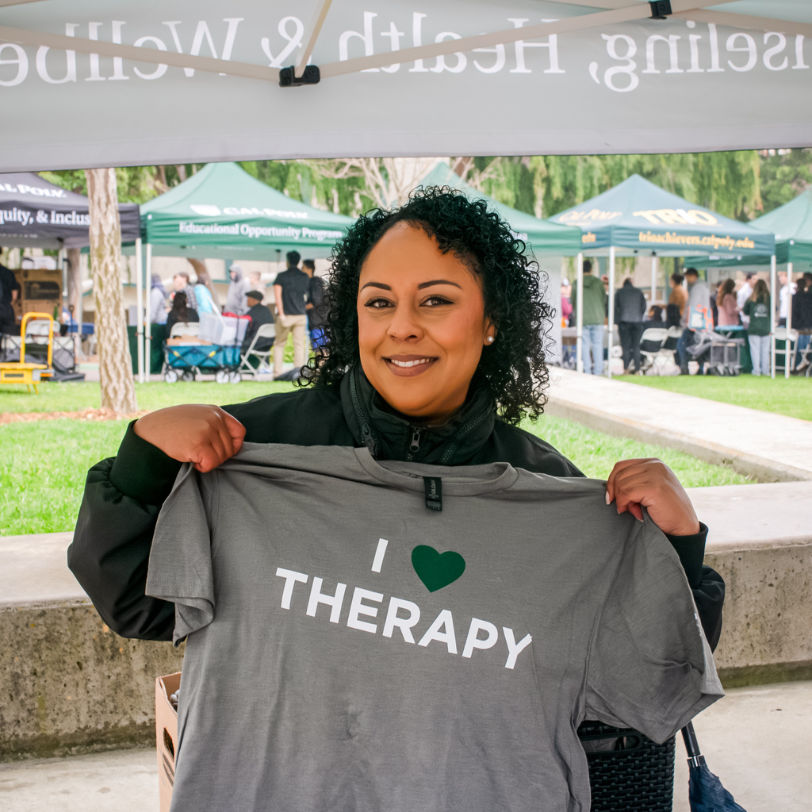Relaxation for Mental Health
Tips for Using Relaxation Exercises
Try many different types of relaxation exercises to find the kind that you like the best. Try to practice whichever exercise you prefer at least once or twice a day. Expect your ability to relax to improve as you continue practicing, and expect to practice two or three weeks before you become genuinely proficient.
 For best results, try to avoid eating or engaging in strenuous physical activities right before practicing relaxation exercises.
For best results, try to avoid eating or engaging in strenuous physical activities right before practicing relaxation exercises.
 Make sure to get in a comfortable position before trying to relax. Try to lie on a bed or mat, or sit in a comfortable chair.
Make sure to get in a comfortable position before trying to relax. Try to lie on a bed or mat, or sit in a comfortable chair.
 Adopt a calm, accepting attitude towards your practice. Don't worry about how well you're doing or about possible interruptions. Instead, know that with repetition your ability to relax will grow.
Adopt a calm, accepting attitude towards your practice. Don't worry about how well you're doing or about possible interruptions. Instead, know that with repetition your ability to relax will grow.
 When you are ready, close your eyes, begin listening to the recording, and follow the directions. As you complete the exercise, you can expect your mind to wander a bit—when this happens you can simply re-direct your focus back to the recording.
When you are ready, close your eyes, begin listening to the recording, and follow the directions. As you complete the exercise, you can expect your mind to wander a bit—when this happens you can simply re-direct your focus back to the recording.
 As you become skilled with relaxation exercises, try applying them to specific situations, like tests, difficult social situations, job interviews, insomnia, and so forth.
As you become skilled with relaxation exercises, try applying them to specific situations, like tests, difficult social situations, job interviews, insomnia, and so forth.
Guided Meditation: Leaves on a River
Guided Meditation: AGE Technique
Guided Meditation: Breathing Space
How Relaxation Exercises Can Help
There are many benefits to being able to induce the "relaxation response" in your own body. Practicing relaxation techniques can reduce mental health symptoms by:
• Lowering blood pressure
• Slowing your breathing rate
• Increasing blood flow to major muscles
• Reducing muscle tension and chronic pain
• Improving concentration
• Reducing anger and frustration and improving mood
Additional Resources
 The Relaxation and Stress Reduction Workbook (5th edition), by Davis, Eshelman, and McKay is a popular self-help book that provides a wide variety of sensible, straightforward, and effective strategies for addressing everyday stress.
The Relaxation and Stress Reduction Workbook (5th edition), by Davis, Eshelman, and McKay is a popular self-help book that provides a wide variety of sensible, straightforward, and effective strategies for addressing everyday stress.
 The Anxiety and Phobia Workbook (4th edition), by Bourne, is an important book for anyone struggling with anxiety. This book is packed with self-help exercises and guidelines for overcoming anxiety and stress.
The Anxiety and Phobia Workbook (4th edition), by Bourne, is an important book for anyone struggling with anxiety. This book is packed with self-help exercises and guidelines for overcoming anxiety and stress.



